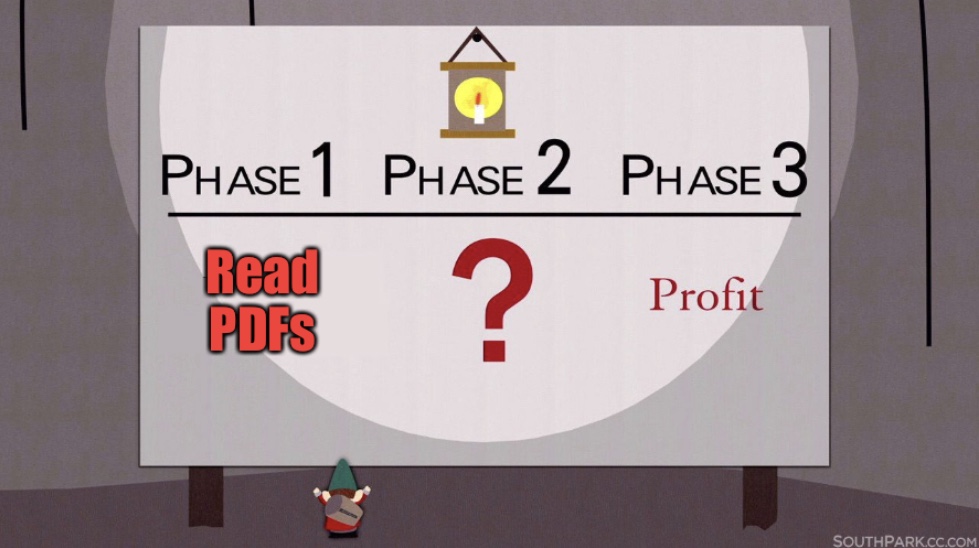Listen to podcasts long enough and you are bound to develop tastes. After 15-some years, mine are these: conversations over stories, with minimal to no editing, and lasting no longer than a couple of hours per episode. Even within these constraints, the list of podcasts I could listen to is near-infinite. Yet these are the few to which I keep returning:
- Omnibus, which survived John Roderick’s attempted cancelation to continue providing two poorly-researched topics per week. Highlights of 2021: Mobile Jubilees, The Bottle Conjuror, Officials General, Merkins (yes, those), and The Phantom of New Guinea in which the curious popularity of an obscure Canadian detective show in Serbia makes an appearance.
- EconTalk, which continues to be the best general-interest interview show for people who’d rather avoid snake oil salesmen. Highlights of 2021: Dana Giola on poetry (which is in fact the best episode of 2021), Julia Galef on her book Scout Mindset (which I am yet to read, but oh well), Anja Shortland on lost art, Bret Devereaux on ancient Greece and Rome, and Johann Hari on lost connections (which reminded me of a particularly sad episode from my tenure as a heme/onc attending).
- Healthcare Unfiltered is the first new healthcare-related podcast I’ve started listening in years. Chadi Nabhan is a good interviewer with an even better access to relevant guests, particularly when he attempts to bring together both sides of a twitter-heated medical debate. Highlights of 2021: Bishal Gyawali on clinical trial design, Aaron Goodman and Matt Wilson on CNS prophylaxis for DLBCL, Barbara Pro and Mehdi Hamadani on PTCL, Mikkael Sekeres and David Steensma on mid-career transition, and Aaron Goodman versus the world, supposedly about randomized clinical trials.
- Plenary Session was back on my playlist this year, and mostly Covid-free. Highlights of 2021: Chris Booth, Adam Cifu, Manni Mohyuddin, Bapu Jena, and again Aaron Goodman (who should really start his own podcast instead of squatting in other people’s).
- The VPZD Show is the one about Covid. Prasad and Damania have their hearts in the right place and fairly sharp minds; they can evaluate evidence on merits and are willing to admit past mistakes. Without mourning days past when these characteristics were more common — because in fact they weren’t — I’ll just note that in times like these, they are essential. Highlights of 2021 include the entirety of the show, which has only just started.
Previous editions: 2021 — 2020 — 2019 — 2018 — The one where I took a break from podcasts — The very first one
